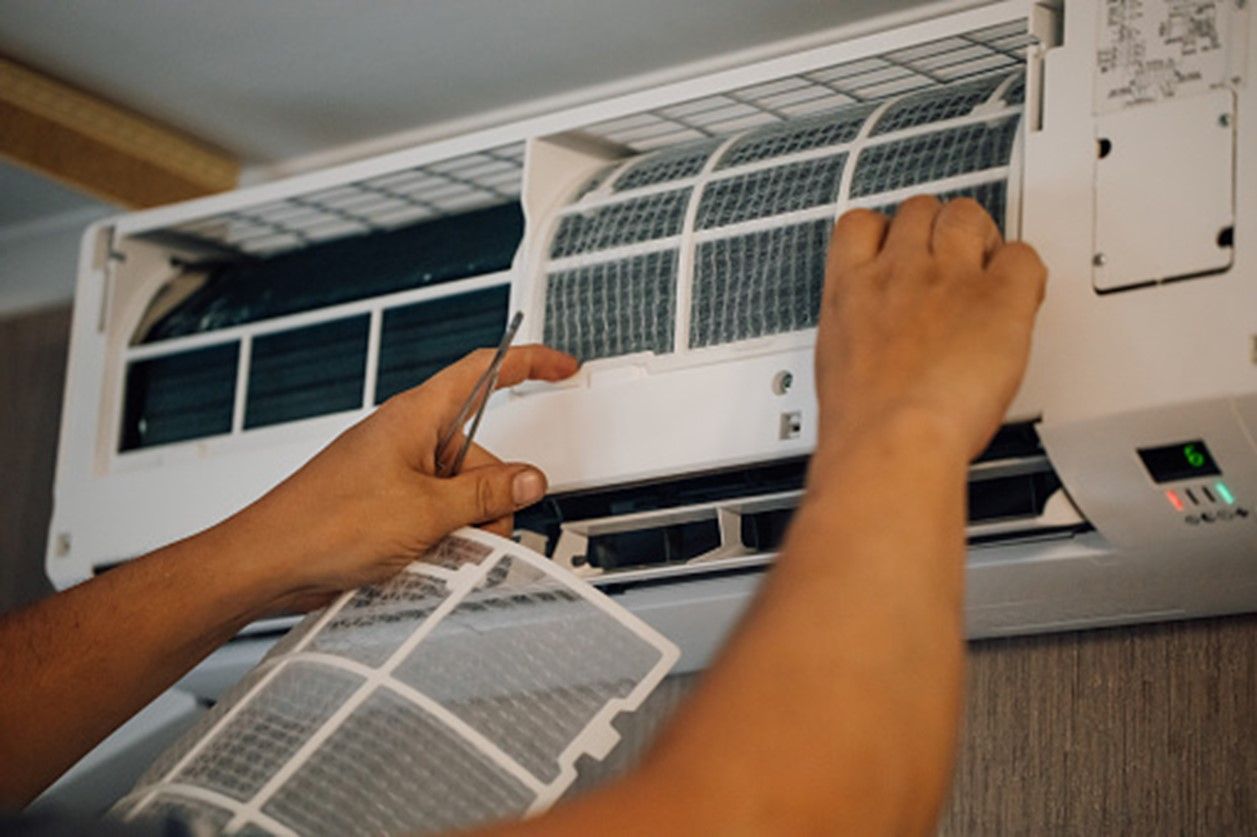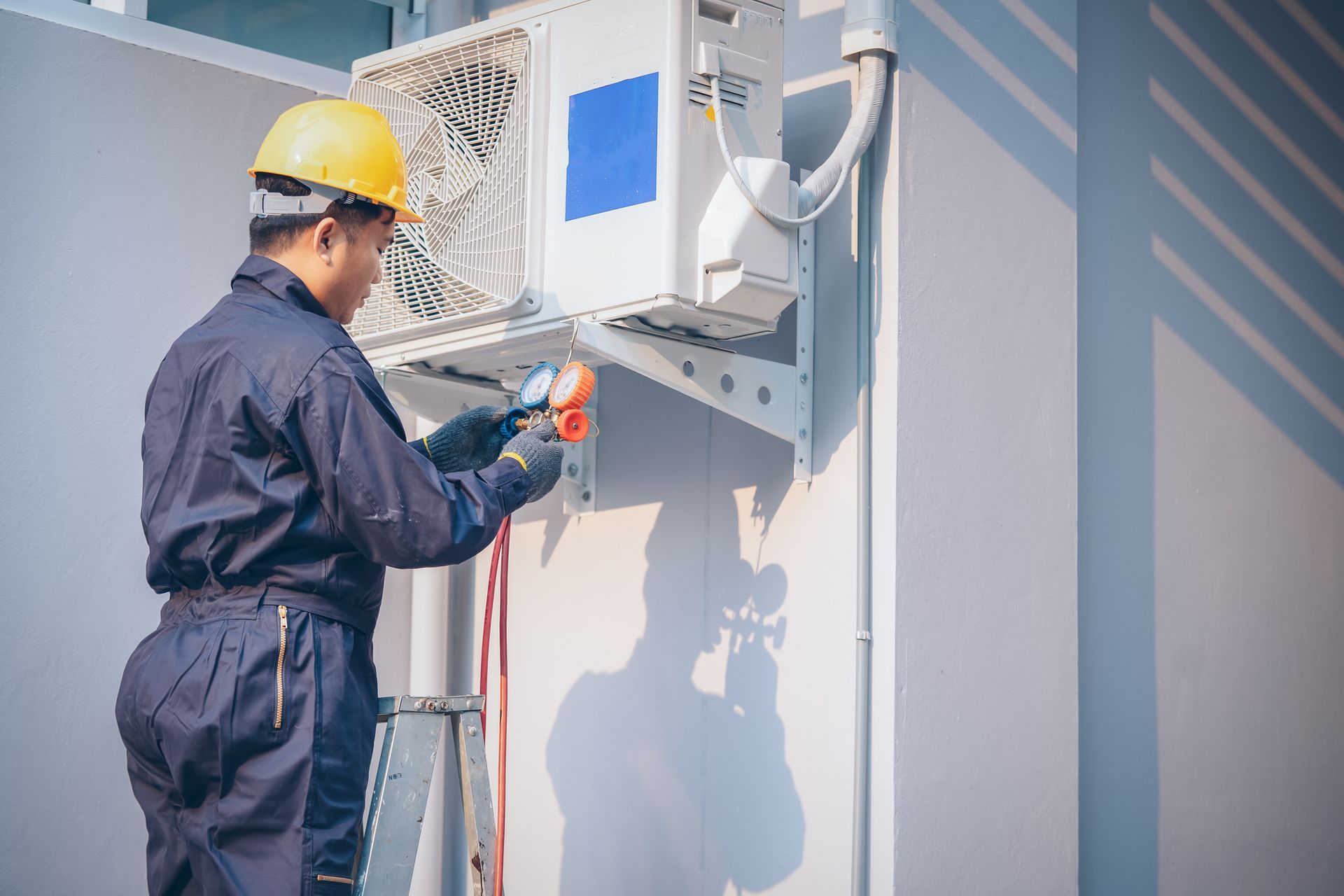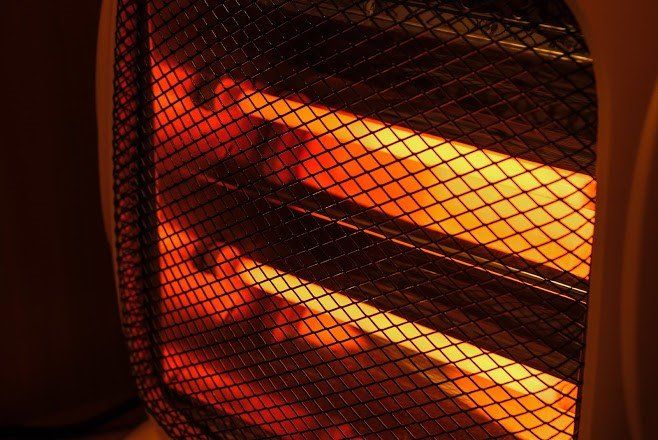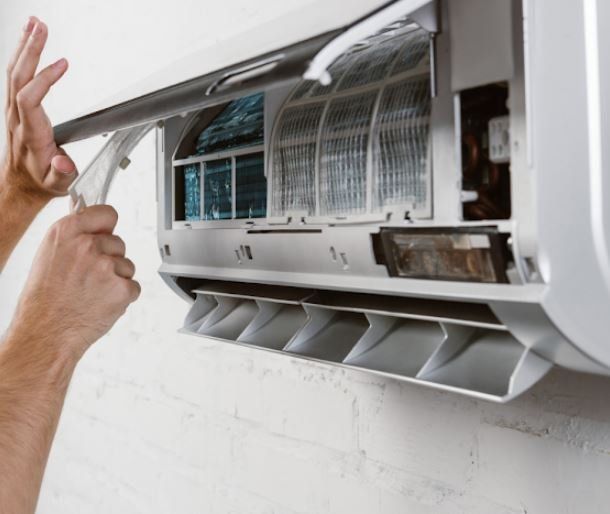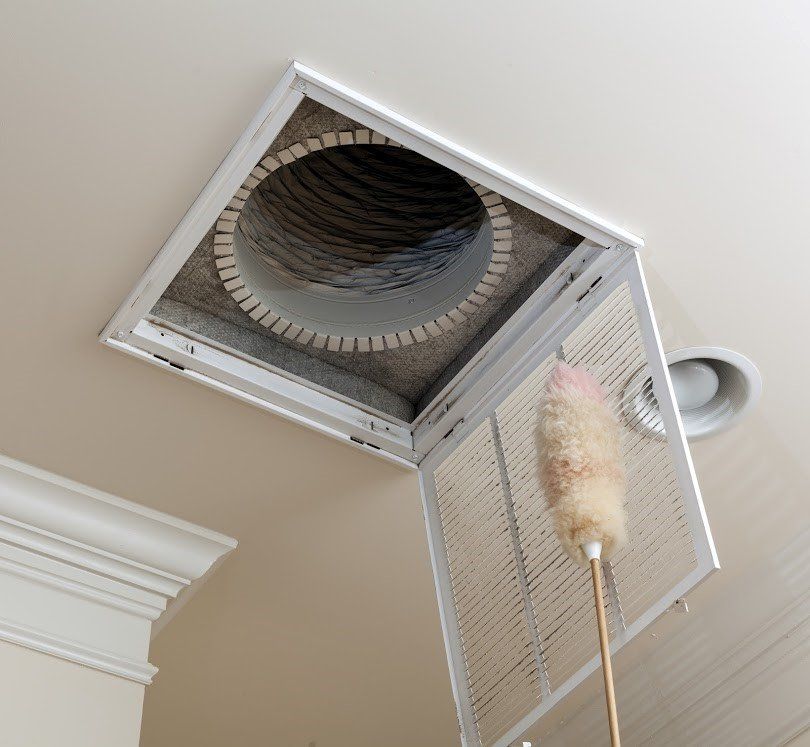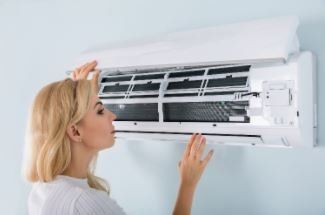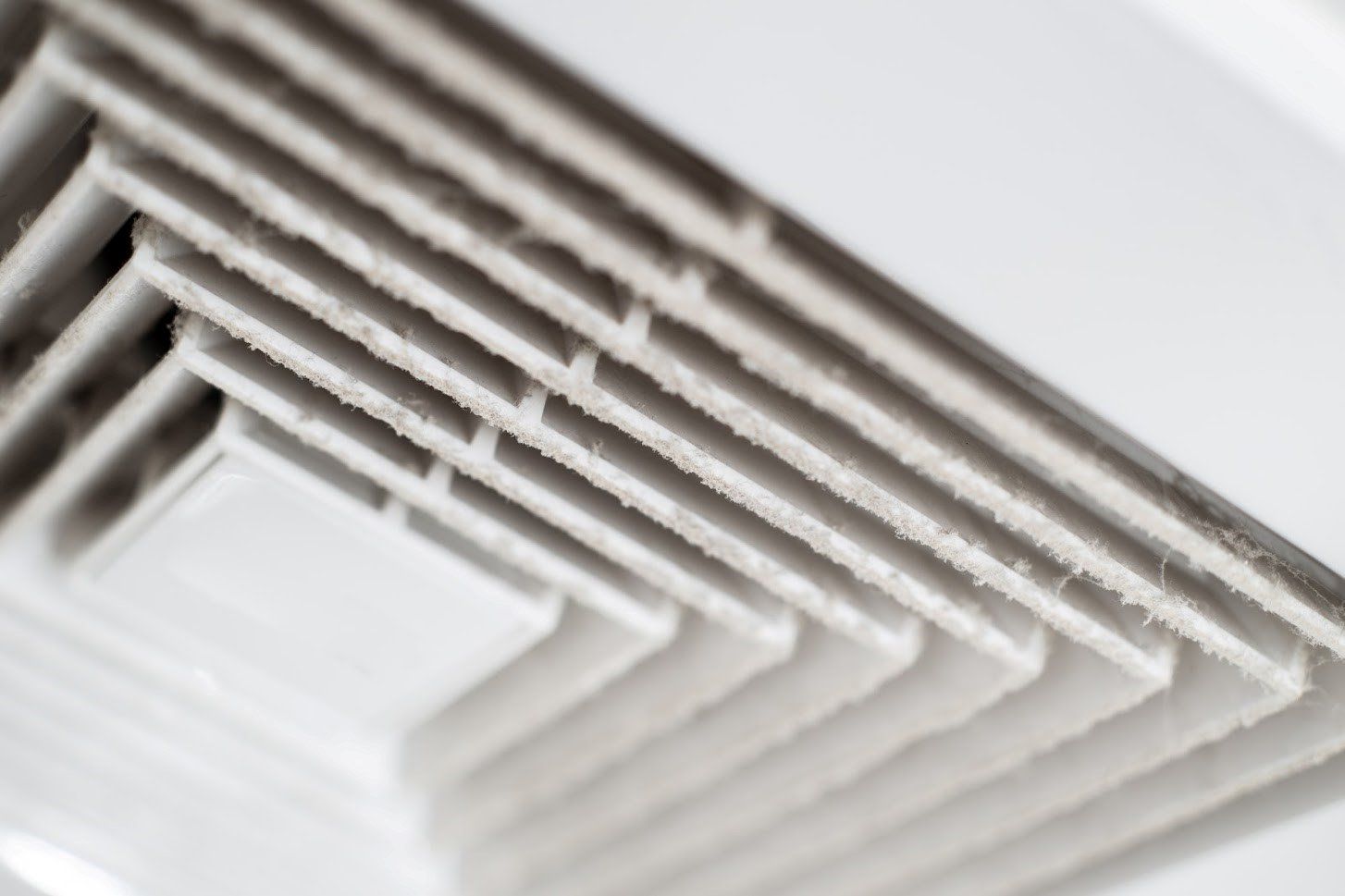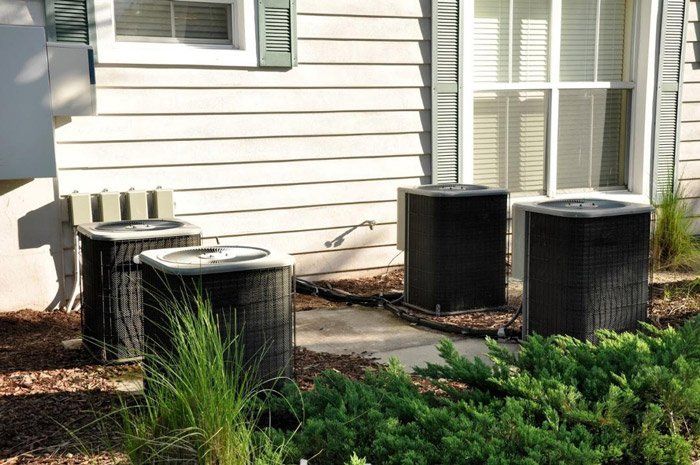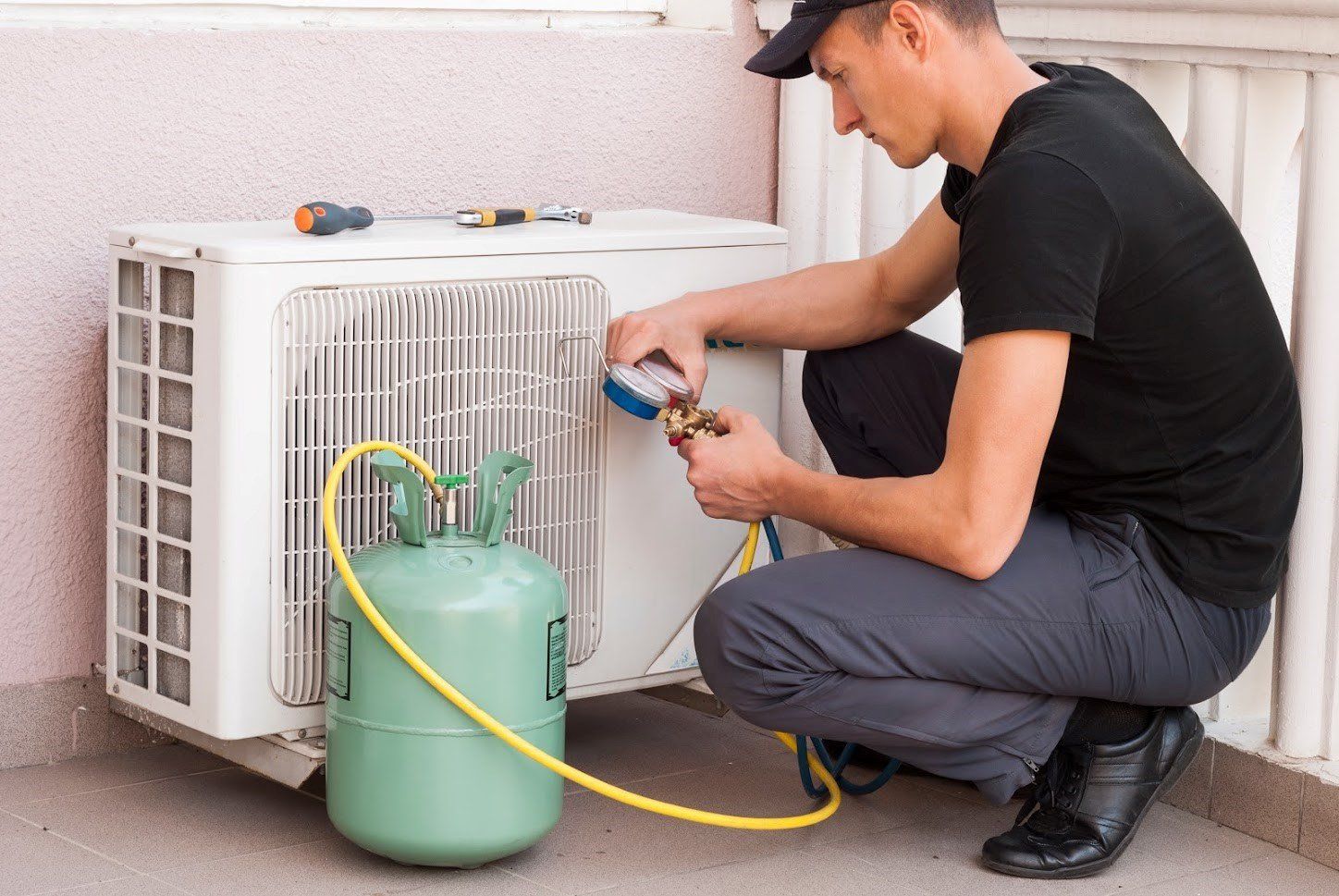Why Do I Need Tie-Down Clips for My Air Conditioner?
Admin • September 19, 2019

Summer is almost over, but the threat of tropical storms and hurricanes is still in full force. As you focus on keeping your home safe during hurricane season, don't forget about your air conditioner. Hurricane-force winds can easily damage or even destroy your AC unit, which can result in thousands of dollars spent on replacement and repairs.
Look closely at some of the more recent AC installations in your area, and you'll notice strange L-shaped metal brackets holding the unit to its concrete pad. Those are tie-down clips, also known as hurricane straps, and there are plenty of good reasons why you'll need them for your AC system.
Recent Building Codes Require Them
Florida's building codes have come a long way since the days of Hurricane Andrew. In the aftermath of that devastating storm, the state revamped its building codes to better protect homeowners. These changes brought improvements in residential building standards and improved survivability during severe storms.
Current building codes mandate the use of tie-down clips on ground- and rooftop-mounted HVAC systems. If you're having a brand-new AC system installed, you can expect to see the unit anchored to its concrete pad with tie-down clips.
If you have an older AC unit that lacks tie-down clips, now is a good time to bring your AC installation up to code. Adding these clips to your AC system not only keeps the entire unit within code, but also ensures maximum protection for your system during severe weather.
They'll Keep Your AC Unit Secured
Tropical storms and hurricanes can bring intensely strong winds to any area they hit. Sustained wind speeds of over 74 mph aren't uncommon for hurricanes reaching Category 1. Category 5 hurricanes pose the greatest threat to homes and lives, with sustained wind speeds often exceeding 160 mph.
Those same winds can make short work of your AC system. Strong winds can rip an unsecured unit off of its concrete pad, leaving behind massive damage. Unfortunately, the standard anchoring system your AC system comes with isn't enough to keep your unit secured in the face of hurricane-force winds. The last thing you want to see is your AC unit flying off into the distance due to a failed anchoring system.
Tie-down clips give your AC system a fighting chance against strong winds. Installed at all four corners of your AC cabinet, tie-down clips firmly anchor your unit to the concrete pad. When properly installed, tie-down clips can help your AC system survive Category 5 wind speeds.
They'll Work in Conjunction With Other Preventive Measures
Tie-down clips are just one of the many ways you can safeguard your AC system against hurricanes and other severe storms. You have other preventive steps at your disposal to protect your unit against damaging winds, debris and anything else a hurricane can throw at it.
Here are some other ways you can protect your AC system against tropical storms and hurricanes:
- Carefully prune nearby trees and shrubs. Doing so minimizes the likelihood of debris striking your AC system.
- Cover your AC unit before the storm hits. Place a heavy-duty tarp or cover over the unit for the duration of the storm. This step keeps debris out of the unit.
- Keep your AC system turned off during the storm. Instead, pre-cool your home hours before the storm arrives. Doing this protects your system against power surges and other electrical anomalies.
An experienced HVAC specialist can help you ready your AC system to weather the next storm. To learn more or to schedule an appointment, contact the experts at Weather Control Air Conditioning, Inc. We'll help you keep your home's heating and cooling systems on solid ground.

